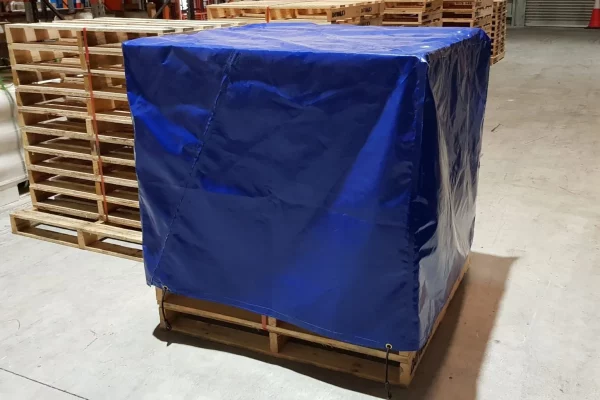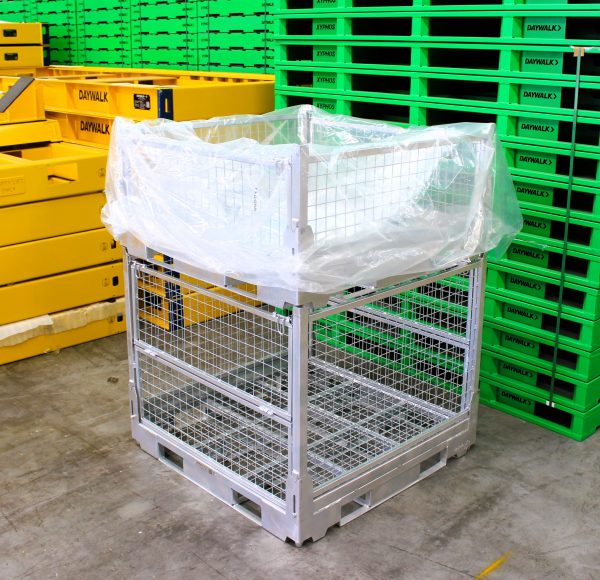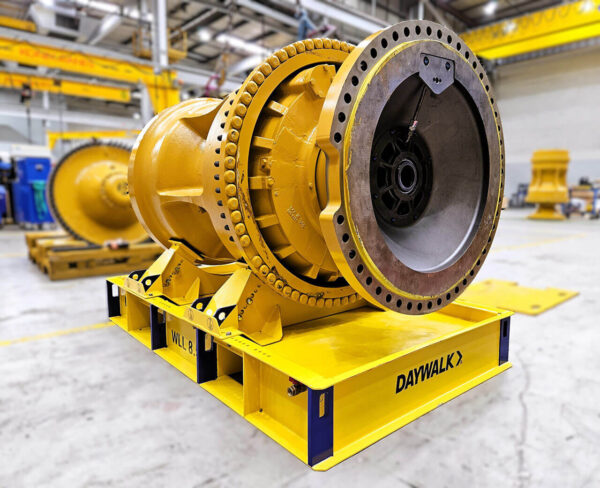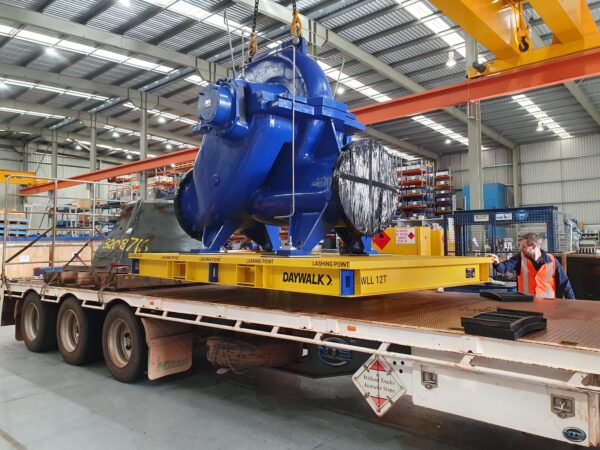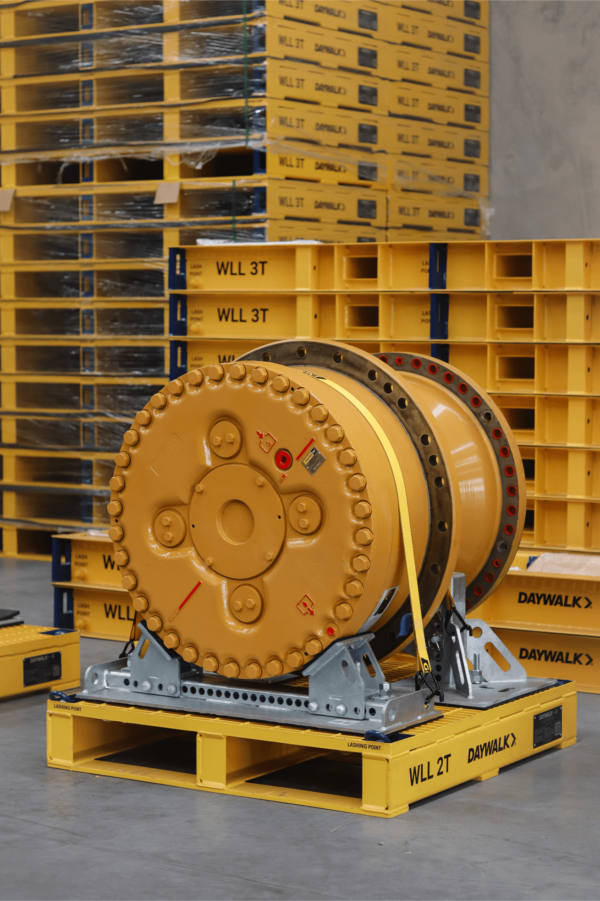Chain of Responsibility (CoR) is legislation that covers all parties involved in or in control of any process in any chain of supply. Those involved in this supply chain are responsible for complying with this law. The CoR is covered by the Heavy Vehicle National Law (HVNL). Any business or industry involved in storage, transporting, receiving, loading, packing, and consigning as part of a chain of supply should have Chain of Responsibility training for all employees.

The main objective of Chain of Responsibility is to ensure that all parties in any industry or business involved in the chain of supply are held liable for breaches to the legislation. Thus, all regulations, guidelines, and standards under the CoR and HVNL must be followed.
What is Chain of Responsibility 2018 legislation?
In 2014, the Heavy Vehicle National Law (HVNL) was enacted as a single set of laws covering heavy vehicles. The principle behind the legislation is that everyone with influence over any transport activity in the chain of supply is responsible for safety on the road.
In 2018, the HVNL was amended to provide that everyone involved in the heavy vehicle transport supply chain has to ensure the maximum safety of their transport activities. This covers everyone, no matter how big or small their role is in the chain of supply. This primary duty represents an obligation to eliminate or at least minimise potential harm, risk, or loss by doing all that is practically viable to ensure maximum safety.
How can you be compliant?
As a party in the chain of supply, the best way to minimise all kinds of risk is to be compliant with the law by having safety management systems and controls in place. This all starts with reviewing all processes and procedures involved in the supply chain, including safety, training, and sound business practices. This also involves:
- Identifying, assessing, evaluating, and controlling all risk factors.
- Managing compliance with maintenance, vehicle standards, loading, dimension, mass, fatigue, and speed requirements through identified best practices.
- Involving regular reporting to higher management.
- Documenting or recording actions taken to manage safety.
- Generally reviewing in detail all existing systems in compliance with CoR laws.
DAYWALK Chain of Responsibility Training
In partnership with RTOs (Registered Training Organisations), the DAYWALK CoR Safety Program delivers Nationally Accredited courses that teach the applications of chain of responsibility legislation, regulations, and workplace procedures. Courses offered include:
- TLIF0001 Apply Chain of Responsibility Legislation, Regulations and Workplace Procedures.
- Apply Chain of Responsibility Legislation, Regulations and Workplace Procedures (Non-Accredited).
DAYWALK also holds specialised chain of responsibility training sessions for end-users who cover critical aspects of the chain of supply for packing and loading. The sessions can be hosted by DAYWALK at a designated RTO, training facility, or on-site, depending on the company’s needs. Training sessions can also be held online if so required.
What do the attendees say?
“Booking the training online was super easy. The prompt follow up call and discussion around how the training works was great and gave confidence for the teams to complete the training.”
“The session was very knowledgeable very interesting and gave me a better understanding of the Chain of Responsibility and made me aware of how important it is to maintain safety in regards to strapping and securing the load on pallets and securing the loads safely as humanly possible on the truck so loads travel safely to their destination.”
“Course was very informative and raises awareness of the unknown risks associated with the transport side of inventory.”
DAYWALK
Are you ready to discuss when and how to have your Chain of Responsibility training? You can speak to our DAYWALK team at 1300 662 987. You can also send your enquiries here.

